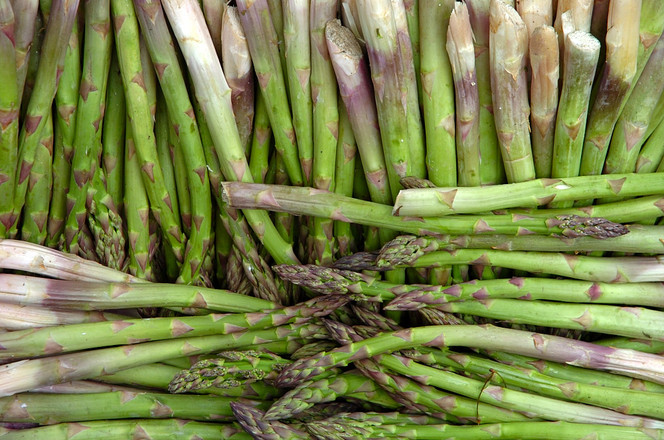Asparagus, with its unique flavor and impressive nutritional profile, has long been favored in various cuisines worldwide. This perennial plant, belonging to the Asparagaceae family, is not just a culinary delight but also a powerhouse of health benefits. This article delves into the world of asparagus, examining its nutritional value, health benefits, and ways to enjoy this versatile vegetable.
Nutritional Profile
Asparagus is packed with essential nutrients while being low in calories. A serving of asparagus provides a rich supply of vitamins K, A, C, and E, and ample amounts of folate and fiber. It’s also a good source of copper and an array of B vitamins, including thiamine, riboflavin, niacin, and vitamin B6.
This nutritious vegetable is also notable for its unique plant compounds including antioxidants like ferulic acid, kaempferol, quercetin, and rutin, which all contribute to the various health benefits of asparagus.
Health Benefits of Asparagus
- Rich in Antioxidants: Asparagus is loaded with antioxidants, vital for neutralizing harmful free radicals in the body, reducing oxidative stress and lowering the risk of chronic diseases.
- Supports Digestive Health: Thanks to its dietary fiber content, asparagus aids in digestion, promotes feelings of fullness, and may help with weight management. Asparagus is also known for its high content of inulin, a type of prebiotic fiber that supports the growth of beneficial gut bacteria.
- Promotes Bone Health: The vitamin K in asparagus plays a key role in bone health as it helps with calcium absorption, crucial for bone strength and density.
- Supports Healthy Pregnancy: The folate in asparagus is essential for pregnant women as it aids in the formation of the neural tube during early development.
Culinary Uses
Asparagus is as versatile as it is nutritious. It can be grilled, steamed, sautéed, roasted, or even eaten raw in salads. It’s often served as a side dish, but it can also star in stir-fries, soups, pastas, and omelettes. Its unique flavor pairs well with a variety of foods, such as eggs, poultry, seafood, and citrus fruits.
A Word of Caution
While asparagus is generally safe for most people when consumed in moderation, its high content of purines, a type of compound broken down into uric acid in the body, may exacerbate conditions like gout and kidney stones. Therefore, individuals with these conditions should consume asparagus with caution.
In conclusion, asparagus is a nutritious and delicious vegetable that makes a worthwhile addition to a balanced diet. Its host of health benefits, from supporting digestive health to promoting bone health, coupled with its versatility in the kitchen, make asparagus a true culinary gem.
